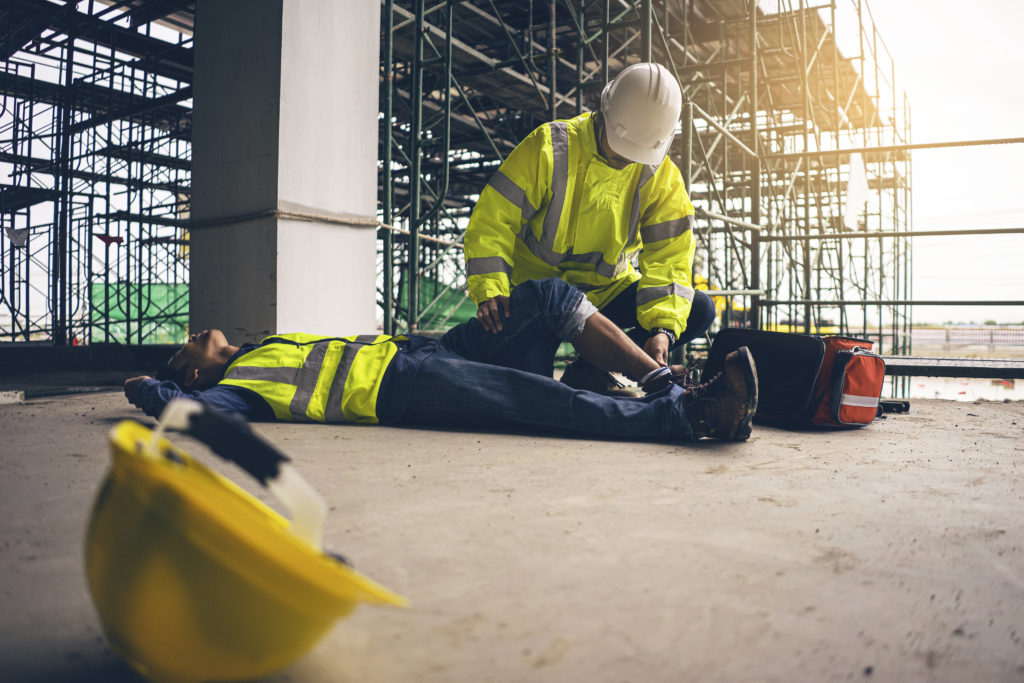What Are Common Premises Liability Injuries?

Premises liability generally refers to personal injury matters involving unsafe, flawed, or substandard property conditions. Property owners, managers, or anyone who makes property decisions, really, must continually make sure that a property is reasonably safe. It’s not a job one should take lightly. It requires thoughtfulness, organization, planning, preparation, and rigorous attention to detail and possibilities. And, if there is any kind of dangerous condition, no matter how minimal, they must also provide sufficient warning. These actions provide the basis for most premises liability lawsuits.
Let’s take a more detailed look at Texas Premises Liability Law, types of Premise Liability Cases, and how the state defines these cases.
Types of Premises Liability Cases
Many matters can be cases that can be considered Premise Liability Cases. Some examples include:
- Slip and fall accidents
- Dog bites
- Defective or Ineffective Building Security that leads to Assault of Injury
- Snow and Ice Accidents
- Elevator/Escalator Incidents
- Swimming Pool Accidents
- Animal Bites and Attacks
- Amusement Park Incidents
- Toxic Fume Accidents
- Fires
- Floods and/or Water Leaks
Again, these are just examples.
Basic Definition of Texas Premise Liability Law
Generally, under Texas Premises Liability law, if you suffered an injury on someone else’s property, you must show that:
- the property owner knew or should have known about the dangerous condition; and,
- the property did not correct the condition or failed to provide warning of the condition.
This certainly seems simple, but, as with most legal matters, it can sometimes get detailed and complicated. These are really only the first steps. So, if you can show these two factors, there are more elements to prove.
Proving Premises Liability
If you were injured on another person’s property, you must also prove:
- Duty of Care: that the property owner owed you a duty of care to provide a safe environment. Property owners have various duties of care depending upon who is on their property. For example, a property owner owes a minimal duty of care to a trespasser or burglar as such individuals are not supposed to be on their property. An apartment property owner owes a higher level of care to renters who are supposed to be on their property.
- Breach of Duty: this pertains to the owner knowing about an unsafe condition and failing to remedy or provide a warning. It directly relates to their Duty of Care.
- Proximate Cause: this refers and relates to the negligence that caused your injuries. You must prove that you were unaware of the danger, did not disregard the property owner’s warnings (if any), and acted reasonably and did not cause your own injuries.
- Resulting Damages: once you prove all the above, you then must prove your damages and that such resulted from the accident that caused your injury.
What is Reasonable?
You might have noticed the term “reasonable.” As with all legal cases, the exact meaning can vary depending upon the case and its particulars. In premise liability cases, the meaning pertains to your relationship with the property owner and has to do with their negligence in your injury. For example, a property owner may have known about a spill on the floor but neglected to clean it. But, then again, they may not have known about it or perhaps someone just informed them. All of these details impact “reasonable,” which then impacts negligence.
Common-Law Mostly Defines Texas Premises Liability Law
Common law in Texas, and in most states, mainly defines premise liability law. This means that judges’ decisions, or precedent (earlier decisions), mostly outline the law, rather than legislative law (a law that a congress wrote), though some statutory law may apply. Judges mainly follow precedent, but sometimes, higher courts reverse or modify lower court decisions. Sometimes federal court decisions impact state court decisions. United States Supreme Court cases often impact state court decisions and state laws. For example, the Supreme Court matter of Brown v. Board of Education applied equal opportunity in education through common law.
Recent Court Decisions That Impact Texas Premises Liability Law
A 2017 Texas Supreme Court Case impacted Texas Premise Liability Law. United Scaffolding, Inc. v. Levine, No. 15-0921, looked at a matter in which an individual sustained an injury on a scaffold. The Supreme Court upheld a lower courts’ decision that a particular company controlled the scaffolding and was, thus, responsible for its dangerous condition. Since the company had control, Premise Liability Law applied. This case demonstrates how easily common law defined matters can change.
Statute of Limitations
There is a limit to when you can file your Premise Liability lawsuit. This limit is statutorily defined. You have two years from the date of the incident that caused your accident in which to file your lawsuit. Exceptions may apply if the incident involved a minor child and/or resulted in a death.
Aranda Law Firm, Experts in Premise Liability Injury Claims.
Here at Aranda Law Firm, we understand the confusion and effects of Premise Liability, and we’ll fight tooth and nail for your case, and help you navigate this difficult period. If you or someone you know is interested in filing a claim, contact us today!




